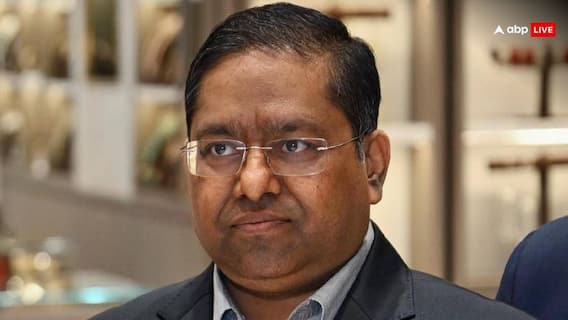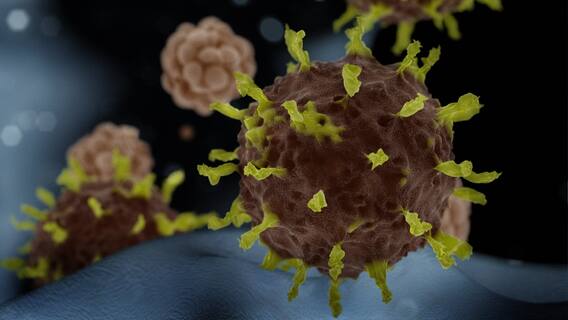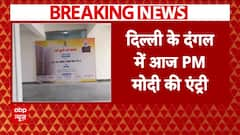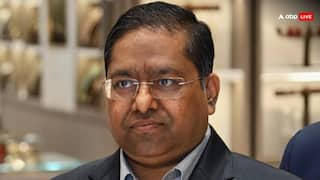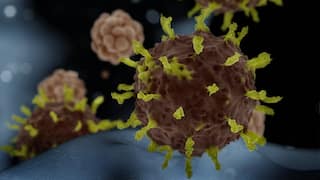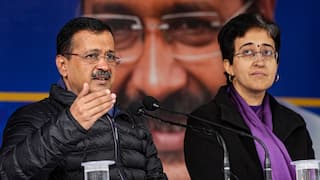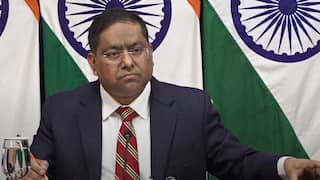Explorer
Advertisement
Japan's scientist Yoshinori Ohsumi wins Nobel Prize in medicine for studies of cell 'self-eating'

STOCKHOLM: Japanese scientist Yoshinori Ohsumi was awarded this year's Nobel Prize in medicine on Monday for discoveries on how cells break down and recycle parts of themselves in an internal garbage disposal process.
The Karolinska Institute honored Ohsumi for "brilliant experiments" in the 1990s on autophagy, a phenomenon that literally means "self-eating" and describes how cells gobble up damaged content and provide building blocks for renewal.
Disrupted autophagy (aw-TAH'-fuh-jee) has been linked to several diseases including Parkinson's, diabetes and cancer, the institute said.
"Intense research is now ongoing to develop drugs that can target autophagy in various diseases," Karolinska said in its citation.
Ohsumi, 71, from Fukuoka, Japan, is a professor at the Tokyo Institute of Technology. In 2012, Ohsumi won the Kyoto Prize, Japan's highest private award for global achievement.
"As a scientist, I'm extremely honored," Ohsumi said in a live telephone interview with Japanese broadcaster NHK.
Speaking in Japanese about his work, he said the "human body is always repeating the auto-decomposition process, or cannibalism, and there is a fine balance between formation and decomposition. That's what life is about."
Nobel committee secretary Thomas Perlmann said Ohsumi seemed surprised when he was informed he had won the Nobel Prize.
"The first thing he said was 'ahhh.' He was very, very pleased," Perlmann said.
Nobel judges often award discoveries made decades ago, to make sure they have stood the test of time.
Though autophagy has been known for more than 50 years, its fundamental significance was only recognized after Ohsumi's "paradigm-shifting research" on yeast in the 1990s, Karolinska said.
"Thanks to Ohsumi and others following in his footsteps, we now know that autophagy controls important physiological functions where cellular components need to be degraded and recycled," it said.
It was the 107th award in the medicine category since the first Nobel Prizes were handed out in 1905.
Last year's prize was shared by three scientists who developed treatments for malaria and other tropical diseases.
The announcements continue with physics on Tuesday, chemistry on Wednesday and the Nobel Peace Prize on Friday. The economics and literature awards will be announced next week.
Each prize is worth 8 million kronor ($930,000). The awards will be handed out at prize ceremonies in Stockholm and Oslo on Dec. 10, the anniversary of prize founder Alfred Nobel's death in 1896.
Follow Breaking News on ABP Live for more latest stories and trending topics. Watch breaking news and top headlines online on ABP News LIVE TV
View More
Advertisement
Trending News
Advertisement
Advertisement
Top Headlines
India
India
Health
Cities
Advertisement


Nayanima Basu
Opinion







